Suno Partners with Songs of Love Foundation: Can AI Truly Compose Songs that Heal?
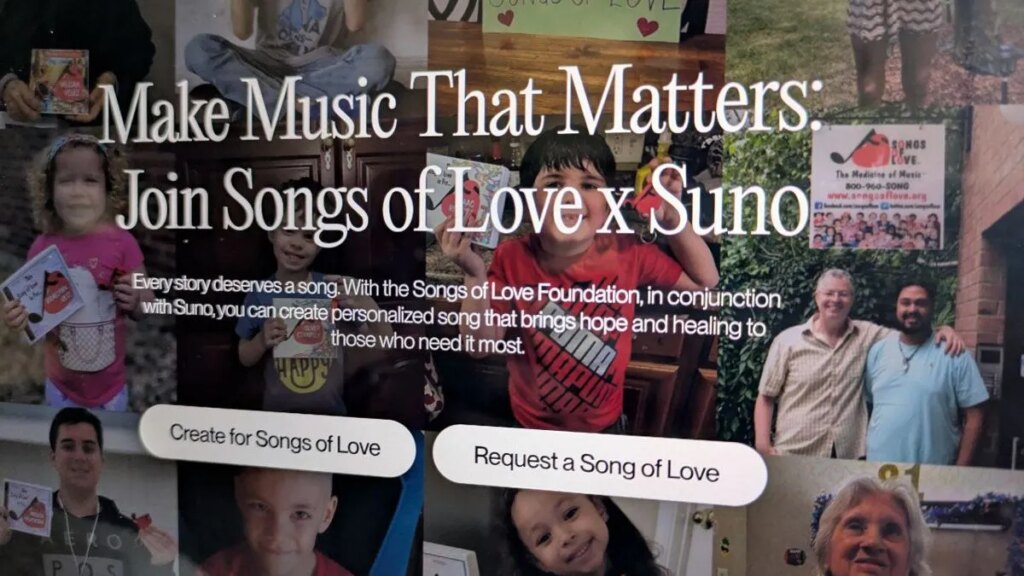
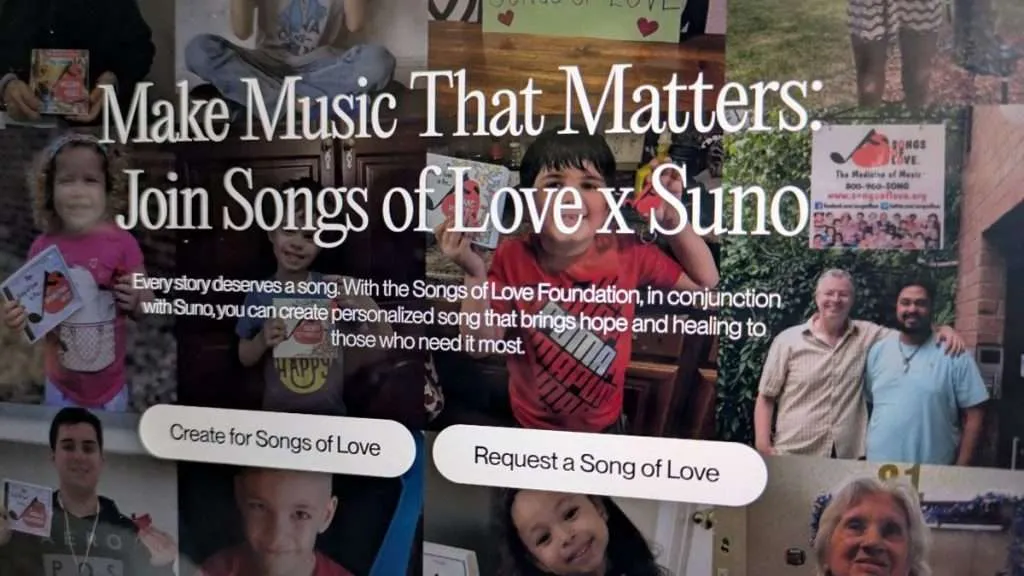
Photo Credit: Suno
The Songs of Love Foundation—a non-profit renowned for nearly 30 years for delivering personalized, uplifting songs to children, teens, and seniors facing illness and hardship—have announced a major partnership with Suno.
The collaboration aims to dramatically scale the foundation’s reach, allowing more people in difficult circumstances to receive custom-made songs referencing their names, favorite activities, and even beloved pets. At the heart of the partnership lies Suno’s suite of AI music composition tools.
Volunteers will be able to use the platform to generate songs in virtually any style or language, with minimal musical training or skill required. Suno has also launched the ‘Songs of Love Creator Program,’ which is an open call inviting even more musicians and volunteers from its global user base to contribute to the initiative.
For the Songs of Love Foundation, the promise is powerful: expand beyond the thousands of songs traditionally delivered each year and enable a broader and more diverse volunteer pool to uplift recipients through music—all at a new level of scale and speed.
For children battling illness or seniors with memory loss, a personalized song can provide emotional comfort and spark joy. Suno’s technology can match specific preferences, replicate eras and genres meaningful to the listener, and even enable artists who have lost their physical voice to continue creating music.
While these benefits are significant, the heart of the matter remains complex. Can AI-generated music truly create the deep human connection needed to comfort those facing illness or memory loss? Human songwriters draw from lived experience, empathy, and emotional insight—qualities that are essential in creating a sense of companionship, warmth, and understanding that personalized music is supposed to deliver.
While AI can incorporate names and details, the subtleties of human emotion are harder for algorithms to replicate. For many recipients, part of the uplift comes from an actual human taking the time to learn their story and create something unique for them. Does that act remain the same when an LLM is prompted for the resulting song?
Relying too heavily on machines for what has traditionally been a deeply personal act may risk depersonalizing the gesture. When music is generated in moments, the danger is that the labor of love—the sense that someone truly cared—could be diminished. Will Songs of Love strike a balance between harnessing Suno’s innovation without losing sight of the irreplaceable rule of human care in music that heals?
Link to the source article – https://www.digitalmusicnews.com/2025/07/22/suno-songs-of-love-foundation-partnership/
-
Ktaxon 39 Inch Electric Guitar, Full-Size Beginner Solid Body Guitar Kit with Gig Bag Strap Tremolo Bar Cable Picks (White)$69,99 Buy product
-
BEATBIT Piano Notes Guide for Beginner, Removable Piano Keyboard Note Labels for Learning, 88-Key Full Size, Made of Silicone, No Need Stickers, Reusable and Comes with Box (Classic Black)$14,99 Buy product
-
ERINGOGO 6 Pocket Guitar Finger Practice Tool Guitar Chord Practice Tool Portable Guitar Fretboard Digital Guitar Pocket Tool Practice Guitar Tool Travel Simple Auxiliary Artifact Copper$32,69 Buy product
-
BOSS MIDI Cable (BMIDI-1-35)$16,99 Buy product
-
Gold Tone, 12-String Mandolin, Natural (F-12)$678,99 Buy product








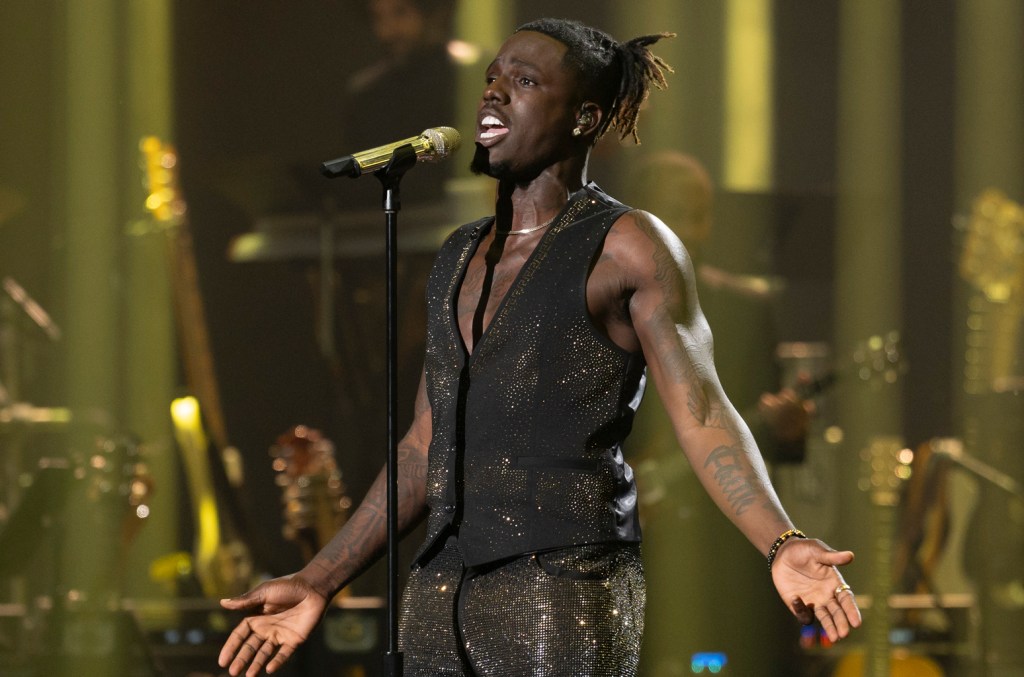
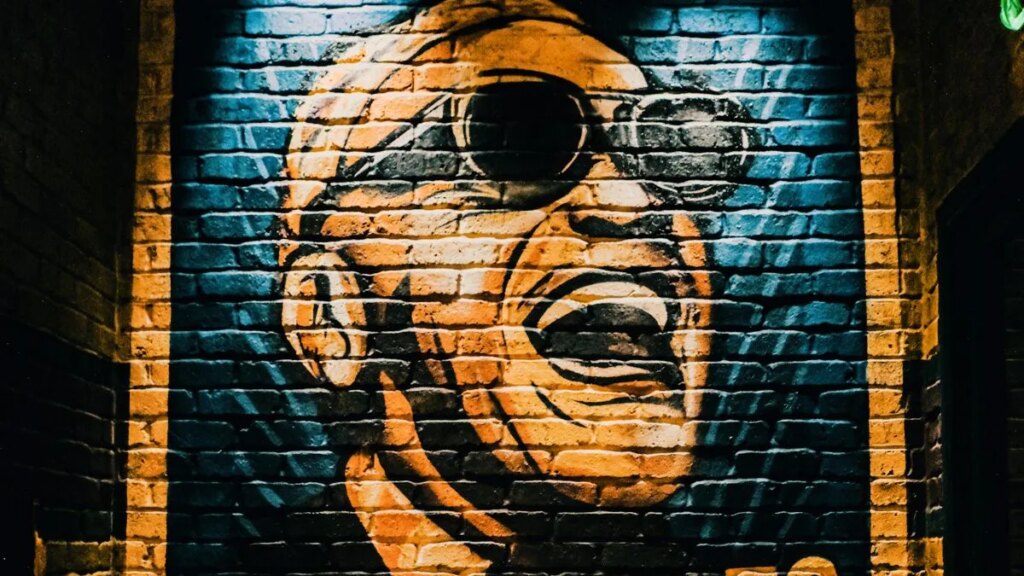
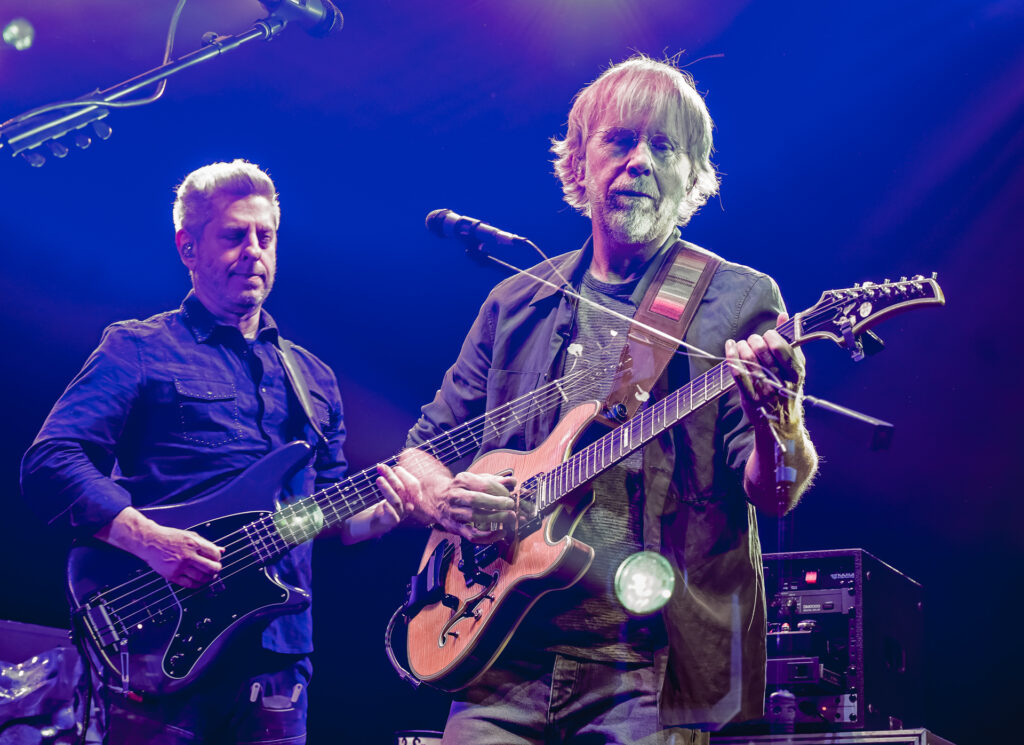
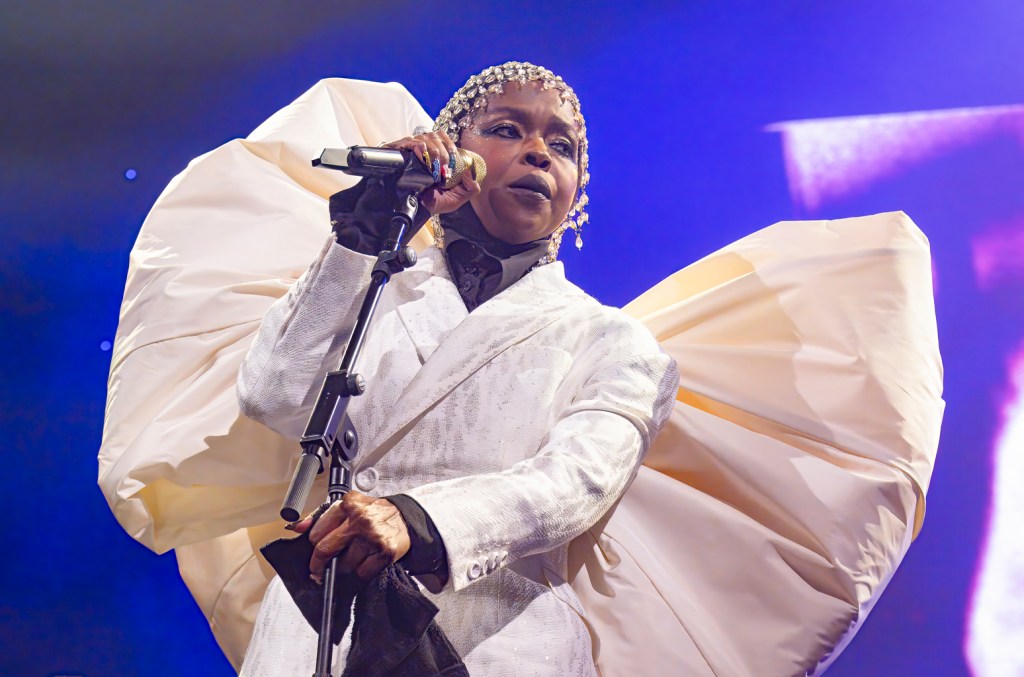
Responses